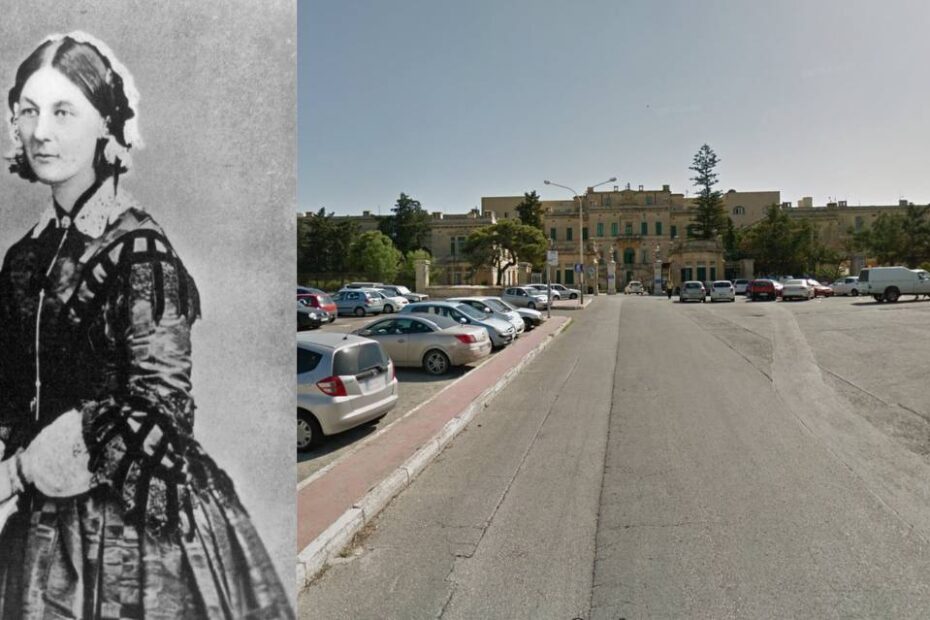Florence Nightingale (b. Florence, Grand Duchy of Tuscany, 1820 – d. 1910, London, England) was renowned for her important contributions to nursing. She was also a vocal feminist. Nightingale visited Malta on two occasions, first as a tourist in 1849 and then on her way to the Crimean War. At the time, Malta was a central military base, acting as a training camp, a replenishing depot for ships, and a hospital in the middle of the Mediterranean Sea. Nightingale assisted Malta to heal thousands of soldiers wounded in The Great War. In her work “Notes on Hospitals”, Nightingale included plans to “place this small island in the foremost rank as regards its charitable institutions”. She died in 1910 due to Brucellosis, known as the ‘Malta fever’. The Florence Nightingale Benevolent fund within the Malta Union of Midwives and Nurses celebrates those retiring from their nursing career.
